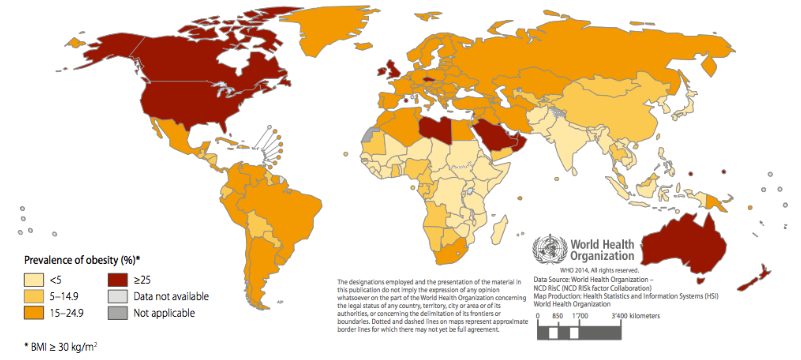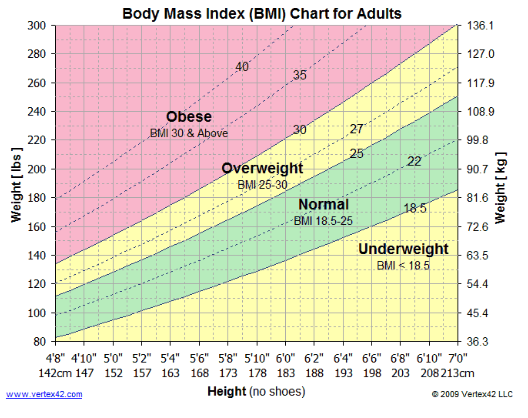How can we impact health with nutrition?
Before we answer the above question, it’s important to define what health really is. According to the World Health Organisation, health is:
“A complete state of mental, social and physical wellbeing, not just the absence of illness or disease”. This is a very complex statement. Looking at it from the point of view of nutrition, we can take each of those terms to describe different aspects of what eating can mean in a modern environment. For example:
Mental wellbeing: Does the impact your nutrition is having on your body and bodyweight cause you to have poor self-image? Is your approach to food restrictive to the point of causing you anxiety? Is your approach complex to the point of causing you stress? Does your nutritional approach lead to large swings in mood or energy? Does it impact your sleep negatively? Do you have addictive tendencies or binging episodes?
Social wellbeing: Are you able to enjoy eating out at a restaurant with friends? If your social circle are drinking alcohol, are you equipped to deal with that in a manner which doesn’t upset your mental wellbeing (whether or not that includes drinking yourself)? Are you able to relax at family dinners, especially over holiday periods? If you are unable to control your food intake, do you withdraw from events? Does your dietary approach leave you unable to maintain a relationship?
Physical wellbeing: Are you over or underweight? Are you malnourished in any way? Are your teeth healthy? Is your blood pressure within normal parameters? What about your lipid markers? Do you have healthy and stable blood sugar levels throughout the day? Are you able to exercise to the levels recommended by the WHO or do you feel too fatigued? Is your digestion poor? Do you feel bloated often, gassy or nauseous?
As you can see, although poor nutritional practices can lead to, contribute to or exacerbate serious issues like diabetes, cancer, morbid obesity and other conditions, there are other ways that poor nutrition or a poor approach to nutrition can impact your health. Some of these can be difficult to spot without looking, even in yourself.
These issues are perhaps more important now than they ever have been. According to WHO statistics: “In 2014, more than 1.9 billion adults, 18 years and older, were overweight. Of these, over 600 million were obese”. That figure has doubled since 1980 meaning that lifestyle related illness (closely tied to food intake) is not only a global epidemic, it is rapidly increasing its impact from generation to generation. See below for “Age-standardised prevalence of obesity in men aged 18 years and over BMI ≥30kg/m2), 2014” from the WHO.

Each person has an ‘ideal weight’ which is the weight estimated to place them at the lowest risk of encountering physical ailment. This is typically illustrated by their Body Mass Index (BMI) which is calculated by dividing your weight in kilograms by your height in metres, then dividing that answer by your weight again. An ideal BMI would be between 20 and 25 for any given height, so a 5 foot 10 male would ideally be between 59 and 77 kilograms.

The BMI scale often gets discredited in the fitness industry because it doesn’t account for muscle mass, but this isn’t necessarily the case. A person who has been training somewhat inefficiently, even for a few years, probably hasn’t gained nearly enough muscle to offset the BMI’s relevance. Therefore, the vast majority of people (basically, everyone other than the very well trained) can safely consider BMI to be a relevant scale for them and can look to it to suggest a rough estimate of a healthy weight. Furthermore, the scale isn’t a judgement of anything – having a BMI score above what it should be does not make you a bad person, doesn’t make you objectively ‘out of shape’, and it doesn’t necessarily mean that you are unhealthy right now either. The BMI scale is an indicator of risk factors for illness, and in general people who fall way above the healthy range are indeed at greater risk of heart problems including high blood pressure, regardless of what that weight is made up of.
If you are significantly above your ideal weight and very muscular, either you aren’t as lean as you could be which brings us back to the above, or you are using certain substances which themselves carry risks. This is a digression, however. The point is that there is an ideal weight for every individual, and this will fall somewhere close to the range which is suggested by the BMI scale (it’s a range rather than a fixed number to allow for changes in frame and bone density, for example). The further you are away from this range, the greater your risk of becoming ill at some point in the future, either due to that extra weight or the lifestyle which has led to it.
Note: Being underweight is not much better either. Chronic under-nutrition leads to increased risk of nutrient deficiencies, low energy availability (which causes issues with your hormones and immune system), and potential loss of muscle mass, bone density and even organ mass. Being underweight can be just as lethal as being overweight.
The first step to improving any given situation is arming yourself with the tools and knowledge to deal with it. In terms of improving your health you need to know how to achieve and maintain a healthy weight first and foremost, but you also need to know how to eat, drink and live in a manner which maximises your health at that bodyweight because, there is a lot that can go wrong without you getting too heavy or light, as a result of poor nutrition.